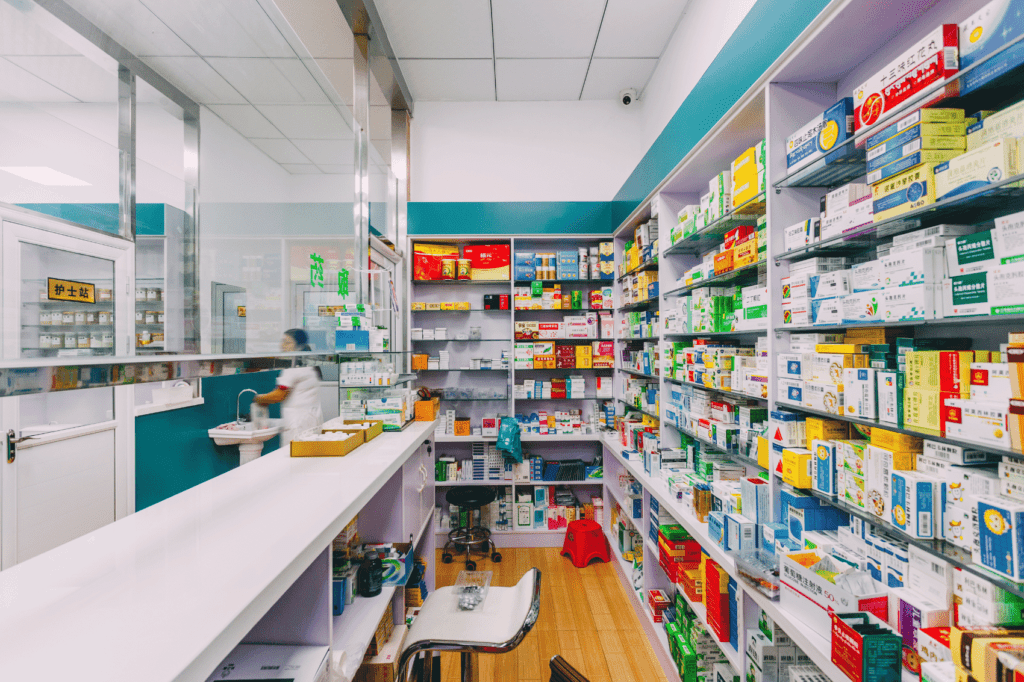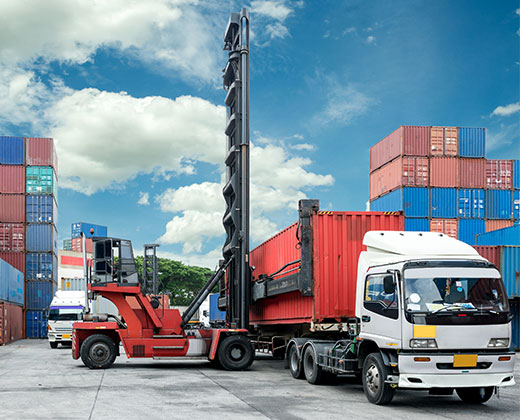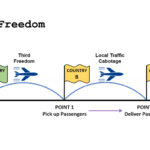How to become a drug carrier? A comprehensive guide
Pharmaceutical transportation is a specialized field of logistics, requiring compliance with strict legal and technical requirements. Becoming a certified pharmaceutical transporter requires thorough preparation and meeting a number of requirements. In this guide, we will outline the step-by-step process for obtaining the necessary credentials.
Legal requirements for drug carriers
The transportation of medicines is regulated by the Pharmaceutical Law and the Regulation of the Minister of Health of March 13, 2015 on Good Distribution Practice (GDP) requirements. Any entity engaged in transport medicinal products must comply with strict requirements for authorizations, transport conditions and documentation.
The process of starting a drug transportation business requires obtaining the appropriate certificates and permits from the relevant authorities. It is also crucial to implement a GDP-compliant quality management system and hire qualified personnel.

Technical conditions of vehicles
Vehicles designed to transport pharmaceuticals must meet special technical requirements. The basis is a specialized isothermal body, which ensures that the right temperature is maintained during transport. Each vehicle must be equipped with a temperature monitoring system and GPS location.
Temperature-controlled transportation is a key component of drug shipping. Refrigeration systems must provide a constant temperature within the range specified by the pharmaceutical manufacturer. Any deviations are recorded and reported in real time.

GDP (Good Distribution Practice) compliance
Good Distribution Practice is a set of guidelines, compliance with which is mandatory for all entities involved in the supply chain of medicinal products. The carrier must implement a comprehensive quality management system that covers all aspects of transport operations.
Records of transportation processes must be maintained in detail and in accordance with GDP requirements. This includes temperature records, shipping documents, vehicle cleaning procedures and personnel training records.
Operational procedures in drug transportation
Professional pharmaceutical transportation requires the development and adherence to detailed operating procedures. Each stage of transportation, from loading to delivery, must be carefully documented and monitored. Special attention must be paid to maintaining proper temperature conditions throughout the process.
Cooperation with industry partners
Operating effectively in the industry pharmaceutical transportation requires the establishment of cooperation With pharmaceutical wholesalers and pharmacies. It is crucial to understand their needs and requirements and ensure the highest quality services transportation.
How to become a drug carrier? - Part 2: Practical aspects of the business
Development of transport fleet
The backbone of the pharmaceutical transportation business is a properly equipped fleet of vehicles. Each vehicle must have specialized isothermal bodies and certified refrigeration systems. It is also essential to be equipped with GPS and temperature monitoring systems to ensure constant supervision of transport conditions.
Staff competencies
Qualified personnel are crucial in pharmaceutical transportation. Drivers and operators must receive specialized training in GDP and the operation of specialized equipment. Regular retraining and certification of personnel is standard in the pharmaceutical industry.
Quality management system
The implementation of a comprehensive quality management system is the cornerstone of the drug transportation business. The system includes operational procedures, documentation control and risk management. Regular internal audits allow for continuous process improvement.
Monitoring and control of transport
Modern pharmaceutical transportation relies on advanced monitoring systems. Constant control of the temperature and location of the cargo, along with immediate reporting of deviations, ensures the safety of transported medicinal products.
Cooperation with the pharmaceutical sector
Successful cooperation with pharmaceutical distributors requires an understanding of the specifics of the industry. The carrier must ensure not only on-time delivery, but also full compliance with GDP requirements and flexibility in responding to customer needs.
Supply chain management
Pharmaceutical transportation requires precise planning and coordination. Every step of the process, from receipt of goods to delivery, must be carefully planned and monitored. Maintaining the continuity of the cold chain is crucial.
Financial aspects of the business
Starting a pharmaceutical transportation business involves significant investment. Costs include the purchase of specialized vehicles, monitoring systems and staff training. Adequate insurance for the business is also necessary.
Industry development prospects
The pharmaceutical transportation sector is constantly evolving, introducing new technologies and solutions. Process automation, predictive systems and blockchain solutions are just some of the trends shaping the future of the industry.
Opportunities for expansion
Business development in pharmaceutical transportation may include entering new geographic markets or specializing in specific niches. Building long-term relationships with customers and continuously improving service quality are key.
Summary
Running a drug transportation business is a demanding task that requires meeting a number of legal and technical requirements. Success in this business depends on a professional approach, investment in the right equipment and continuous development of competence.
Q: What are the main requirements for transporting drugs?
A: The main requirements for transporting medicines include maintaining proper temperature, protecting against external factors, maintaining cleanliness and hygiene, and ensuring safety during transportation. Slawa. meets all these requirements by offering specialized pharmaceutical transportation.
Q: Can Slawa transport drugs at controlled temperatures?
A: Yes, Pharmalink specializes in temperature-controlled transportation of medicines. Our fleet of vehicles is equipped with refrigerated bodies that allow us to maintain the required temperature throughout the transportation process, ensuring the safety and quality of the drug products being transported.
Q: What is the process of distributing drugs from pharmaceutical wholesaler Slawa to customers?
A: The process of distributing drugs from pharmaceutical wholesaler Slawa to customers involves several stages. First, the drugs are properly packaged and secured. Then they are loaded into specialized transport vehicles. During transportation, the temperature is monitored. After reaching the recipient (e.g., a hospital or pharmacy), the goods are safely unloaded and handed over to the person in charge.
Q: What types of pharmaceutical transportation does Slawa offer?
A: Slawa offers comprehensive pharmaceutical transportation, including road transport of temperature-controlled medicines, transportation of medicinal products requiring special conditions, and distribution of medicines to pharmacies, hospitals and other medical facilities. Our company is a specialized logistics operator in the pharmaceutical industry.
Q: How does Slawa ensure proper conditions for transporting drugs?
A: SlawaTrans ensures proper conditions for transporting medicines through the use of specialized vehicles with refrigerated bodies, constant temperature monitoring, the application of washing and disinfection procedures, and the training of personnel involved in the transport. All this ensures that medicines are treated in transit according to the highest safety and quality standards.
Q: Can Slawa Trans transport drugs between pharmaceutical wholesalers and customers?
A: Yes, Slawa Trans specializes in transporting medicines between pharmaceutical wholesalers and recipients such as pharmacies, hospitals and other medical facilities. Our company ensures safe and timely delivery of medicines, meeting all requirements for pharmaceutical transportation.
Q: What are the benefits of using Pharmalink as a drug carrier?
A: There are many benefits to using Pharmalink as a drug carrier. These include expertise in pharmaceutical transportation, a modern fleet of vehicles, a guarantee of maintaining the proper shipping temperature, a comprehensive logistics service, compliance with regulations and industry standards, and flexibility to adapt to customer needs.





